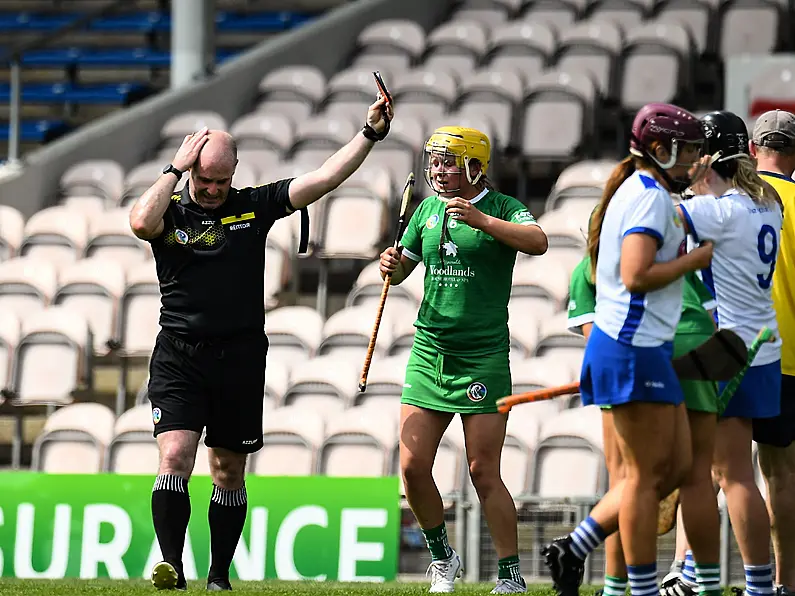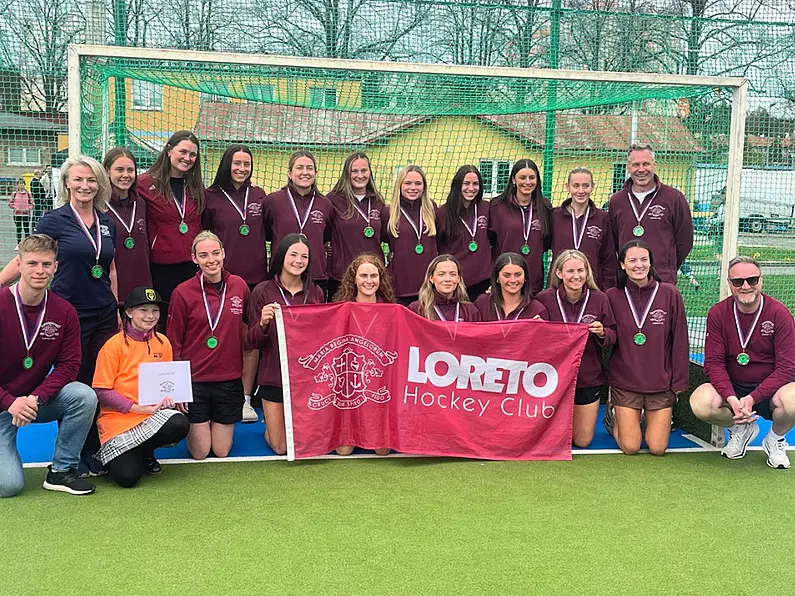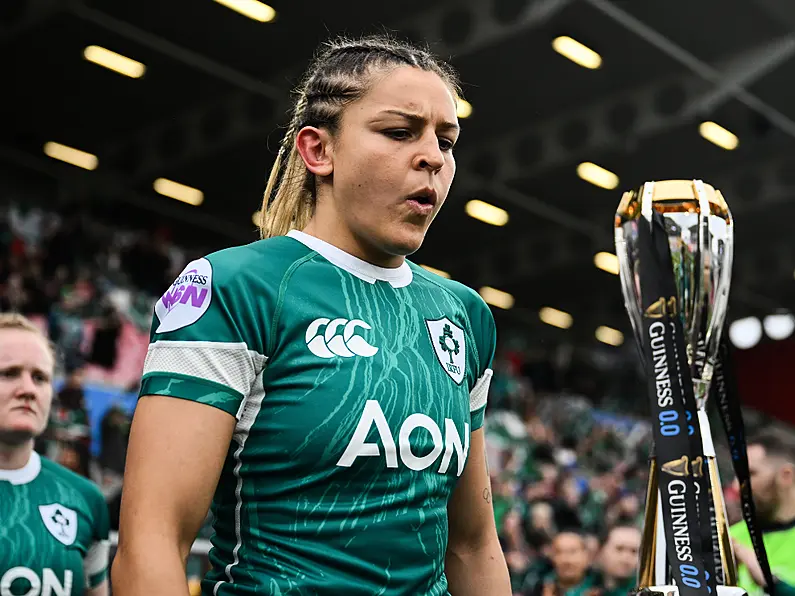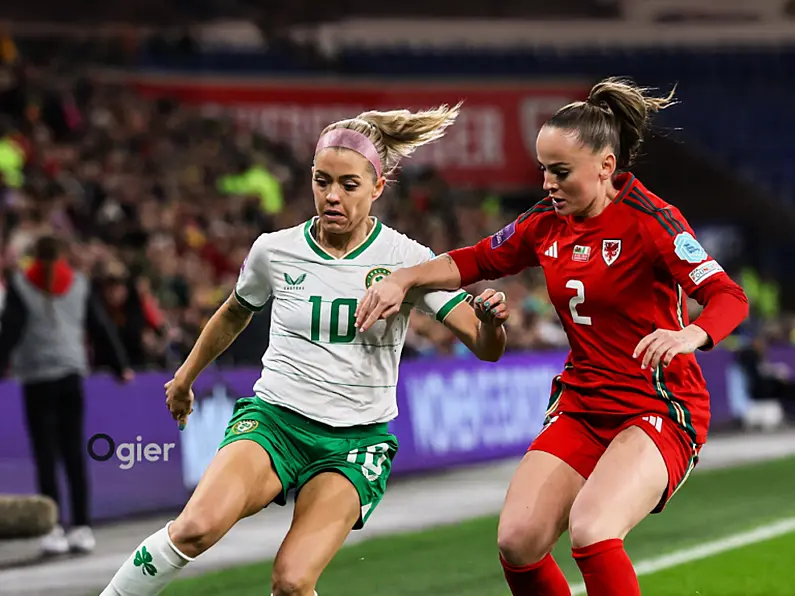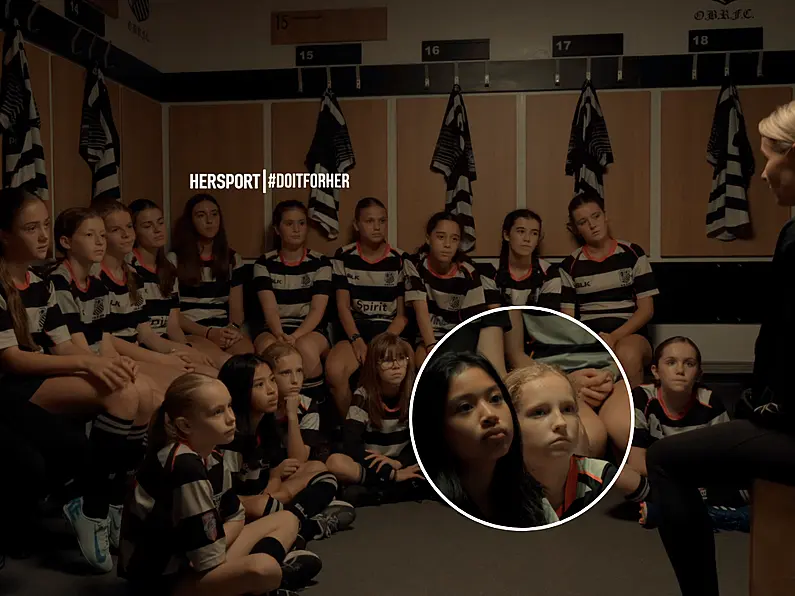The Minister of State for Sport and Physical Education, Thomas Byrne, will meet representatives of the FAI, GAA, IRFU and Sport Ireland on Tuesday, 9 May 2023, to discuss how to address incidents of racism and violence in sport.
“As a sporting community, it is imperative that we demonstrate that there is simply no place for violence and racism in sport," Byrne said. "Sport fosters a great sense of belonging in our communities and we must never allow incidents of racism and violence to undermine the positive power of sport.”
“I look forward to meeting with some of the leading executives in sport today to discuss how we can best prevent incidents of racism and violence from occurring in sport and to consider, how we can best address such incidents when they unfortunately occur.”
Referreing has come under intense pressure lately instances of abuse leading to referee strikes across a number of football and GAA Leagues, the most recent being in Kilkenny when a local referee received a threatening letter sent to his home following a match.
Another incident of an assault on an umpire at a game in Dublin also made national headlines earlier this year and an incident of racial abuse hurled at Wexford star Lee Chin in early April resulted in a challenge match being abandoned.
Long bans of almost a year from any involvement in the GAA have been summarily handed down in both the latter incidents while the letter in Kilkenny is the subject of a Garda investigation.
Sporting bodies will argue they are doing the maximum they can and that all incidents once reported to them are being dealt with.
That does appear to be the case in the most egregious of cases but there is a culture of aggressive competitiveness that has caused issues at a wider level and most anyone who has attended a game will have been shocked by some manner of abuse being thrown by fans and or parents at games where the result is imbued with a far greater sense of importance by some than is really merited.
Most GAA grounds have a poster visible on access to playing areas reminding fans and players of the need for respect and that in most cases the players are children.
Most right-thinking people realise this to be the case but some can lose the run of themselves and others are just angry people who cannot seem to control their own emotions.
Sport can get heated but never to the point where it becomes dangerous for people to take part, almost always in a voluntary fashion.
Clubs need to take action themselves against individuals, reminding them of their responsibilities but club officials are volunteers themselves and it is questionable whether an individual can be restricted from entering what in many cases is a public park where games are played.
Leagues and Governing Bodies might be more upfront about removing home fixtures from clubs or threatening to forfeit games as a means of helping clubs to bring pressure to bear on the rare malcontents who are in danger of bringing whole sports into disrepute.
This is a behavioural issue rather than a sporting one but we all do have a responsibility to make it better. Every time we let bad behaviour go unchecked, we diminish the games we love and do a disservice to those who make them possible.
If the Minister can find a way of encouraging that mindset, today’s meeting will be a win for all involved in sport.
